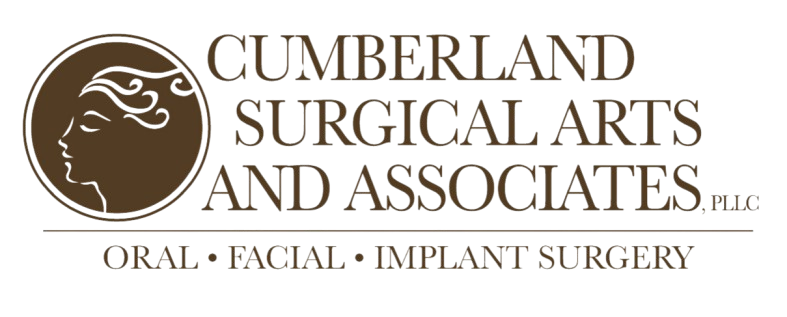If you have just been fitted with dentures, chances are that you’ve been really looking forward to being able to eat with ease again – especially in public. If you’re completely new to dentures, that first few weeks – the break in period – may be a bit discouraging, since it can seem like you’ll never get good at eating with them. However, most people find that they manage quite well after a bit of practice. For those who cannot, there are alternatives to traditional dentures that can resolve the issue, allowing them to eat, laugh and speak with confidence.
Learn To Eat With Your New Dentures
If you have been living with the limitations that can come with dental problems for some time, getting those bad teeth replaced with dentures is likely a welcome relief. However, new denture wearers often feel quite disillusioned and discouraged during the first couple of weeks with their new teeth, since tasks like speaking or eating with your new dentures can be a difficult adjustment. Many didn’t count on those new teeth feeling so foreign in their mouths, nor did they realize how differently they would function as compared to natural teeth. The good news is that for most of those new denture wearers, controlling those new teeth will become second nature over time. So how can you get comfortable eating with dentures? By starting slowly and working up to it.
That means starting out with soft foods and sticking with them until you get the hang of biting and chewing with your dentures. Starting out with very small bites of those soft foods can help too, as can placing about half of each bite on each side of your mouth to distribute the pressure from chewing evenly. With practice, the muscles in your mouth should gradually get better at controlling your dentures and keeping them in place as you eat, allowing you to slowly add more challenging foods – chewy or crisp ones, for instance – back into your diet.
If you have denture pain, find that your dentures are slipping a lot or haven’t seen much improvement in your ability to eat comfortably within a few weeks, you should see your dentist for an exam. Typically, these are signs that your dentures need adjustment, and most new denture wearers will need several adjustments before a comfortable fit is achieved.
What If Dentures Just Aren’t Working For You?
If you haven’t been able to adjust to dentures, despite all your dentist’s attempts to make them fit and function properly, perhaps it’s time to think about some alternatives for a more comfortable dental restoration. Among the options that Dr. Lee and Dr. DeFelice may suggest in these cases include the placement of two or more dental implants to more securely anchor conventional dentures, implant-supported removable overdentures, or permanent dentures, which are replacement teeth, anchored by implants, that remain in the mouth 24-7 just like natural teeth.
So, the bottom line of all of this is that, for most patients, getting comfortable enough with your dentures to enjoy eating in public again is just a matter of time and practice. If that isn’t the case for you, see Dr. Lee or Dr. DeFelice for a consultation to find out what your best options are for getting the stable, comfortable dental restoration you need to get back to eating, speaking and smiling with confidence and ease.
Are you ready to explore other teeth replacement options besides dentures? If so, download our free ebook, Top 3 Best Ways to Replace Missing Teeth.
Locations
2285 Rudolphtown Rd Suite 200, Clarksville, TN 37043
Phone: (931) 552-3292
Email: cumberlandsurgicalarts@gmail.com
- MON - FRI8:00 am - 4:30 pm
- SAT - SUNClosed
- MON - TUE8:00 am - 4:30 pm
- WEDClosed
- THU8:00 am - 4:30 pm
- FRI - SUNClosed
- MON - TUEClosed
- WED8:00 am - 2:00 pm
- THU - SUNClosed









